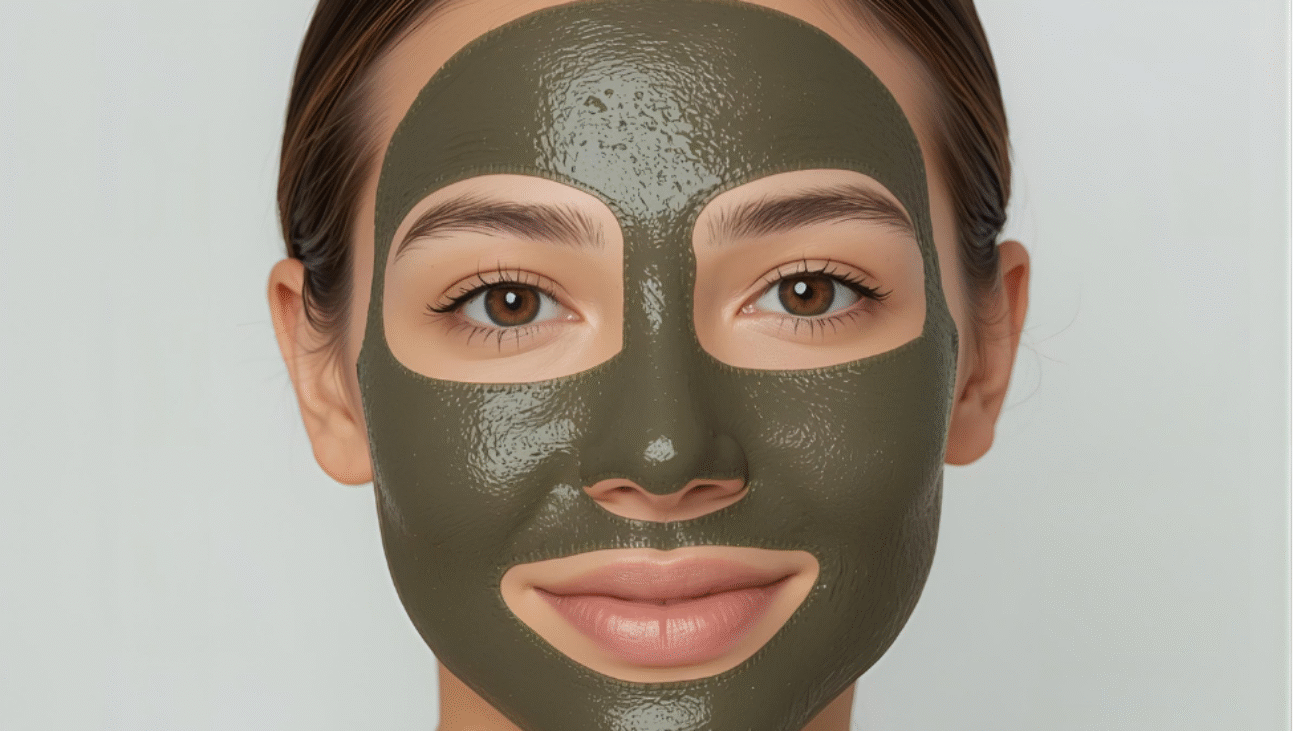Facial masks are a luxurious and effective way to give your skin an extra boost of hydration, nutrients, and relaxation. But what exactly are the benefits of facial masks, and why should you incorporate them into your skincare routine?
Let’s break it down.
What Are Facial Masks?
Facial masks are concentrated skincare treatments that you apply to your face for a set amount of time, typically ranging from 10 to 20 minutes. They come in a variety of forms, including:
- Sheet masks (pre-soaked fabric that molds to your face).
- Clay masks (usually for oily skin and purifying).
- Cream masks (hydrating and soothing for dry skin).
- Gel masks (cooling and soothing).
- Exfoliating masks (typically containing acids to remove dead skin).
Each type of mask serves a different purpose depending on your skin’s needs, from acne treatment to hydration or anti-aging.
Why Should You Use Facial Masks?
1. Deep Cleansing and Pore Minimization
Some masks, particularly clay and charcoal masks, draw out impurities, excess oil, and dirt from your pores. This helps reduce the appearance of pores and leaves your skin feeling deeply cleansed.
- For oily or acne-prone skin: Clay masks help absorb excess oil and can reduce breakouts by keeping pores clear.
- For large pores: Clay and charcoal masks can tighten and minimize pores for a smoother complexion.
2. Hydration Boost
If you have dry or dehydrated skin, hydrating masks are your best friend. Masks with ingredients like hyaluronic acid, aloe vera, and glycerin help draw moisture into your skin and keep it locked in.
- For dry skin: Hydrating masks give an instant boost of moisture, leaving your skin soft and plump.
- For dull skin: A moisturizing mask can revive tired, lackluster skin and restore its natural glow.
3. Brightening and Even Skin Tone
Facial masks are also great for tackling uneven skin tone or dullness. Brightening masks containing ingredients like vitamin C, niacinamide, or alpha-hydroxy acids (AHAs) can help promote skin radiance and even out discoloration.
- For dark spots or pigmentation: Masks with vitamin C or licorice extract brighten skin and fade dark spots.
- For overall radiance: Masks with AHAs gently exfoliate the skin’s surface, revealing a brighter complexion.
4. Anti-Aging Benefits
Many masks contain ingredients that help target fine lines, wrinkles, and signs of aging. Anti-aging masks often contain ingredients like retinol, peptides, or collagen to support skin regeneration and firmness.
- For mature skin: Anti-aging masks can help increase collagen production, reducing the appearance of fine lines.
- For preventing aging signs: Regular use of these masks can help keep your skin looking youthful and fresh.
5. Relaxation and Pampering
Facial masks are not only great for your skin — they’re also a perfect way to relax and unwind. The process of applying a mask, sitting back, and letting it work its magic provides a moment of self-care and mental relaxation.
- For stress relief: The soothing process of applying a mask can help you de-stress and pamper yourself, improving your overall mood.
- For a spa-like experience at home: Treat yourself to a mask session as part of your nighttime routine for a mini spa experience.
Final Thoughts
Facial masks offer a quick, convenient, and highly effective way to target specific skincare concerns while also indulging in some much-needed self-care. Whether you want to deep-cleanse, hydrate, brighten, or fight the signs of aging, there’s a mask out there for your needs.
Try incorporating a facial mask into your weekly skincare routine, and enjoy the benefits of glowing, healthy skin — plus a relaxing experience!


Add a Comment